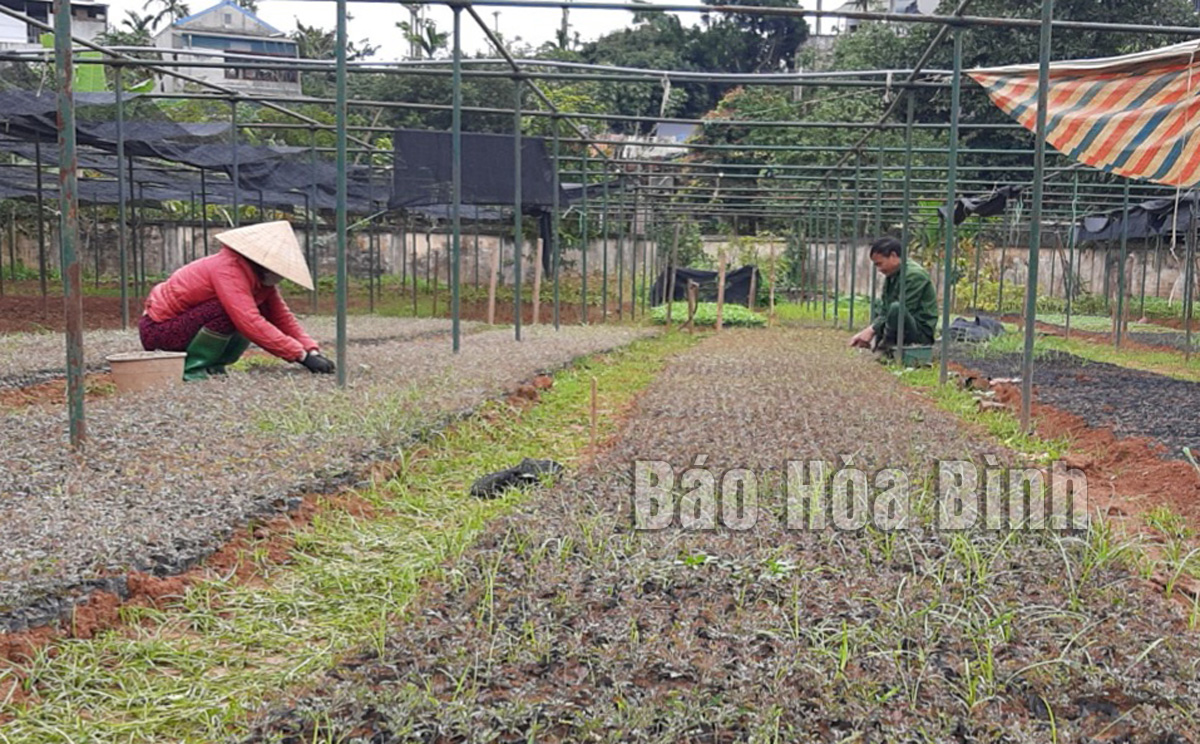Total revenue from forests of organisations and households in Hoa Binh was estimated to top 83 billion VND (3.57 million USD) in the first five months of 2022.
The locality has so
far produced 14.48 million seedlings to serve its afforestation plan in 2022.
In May alone, localities planted over 710 hectares of concentrated forest and
over 125,000 scattered trees.
So far this year, over 2,143 ha of concentrated forests and nearly 409,000
scattered trees were planted in the locality.
Photo: The province’s centre for seeds, animals and aquaculture focuses on
improving the quality of seedlings to serve market demand.
In May, nearly 61,700 cu.m of wood were exploited from over 730 ha of
concentrated forest, and over 5,845 cu.m from the areas of scattered trees.
The locality has also strengthened the handling of violations of regulations on
forest management and protection, and forest product management.
In May, relevant forces handled nine cases of violations on forestry, including
two cases related to forest development and protection; six cases of violations
of regulations on forest management and use; and one case of violation related
to regulations on forest product management.
The forces confiscated 5,729 cu.m of wood of all kinds, and collected a total
fine of 178.5 million VND.
Authorised agencies have strengthened inspection and supervision at processing
and business establishments of forest products; and instruct owners of
establishments to update information on the origin of forest products.
In the first five months of 2022, the total value of forest products of Hoa
Binh was estimated at over 164.6 billion VND. The locality earned over 67.3
billion VND from exporting wood in the period.



